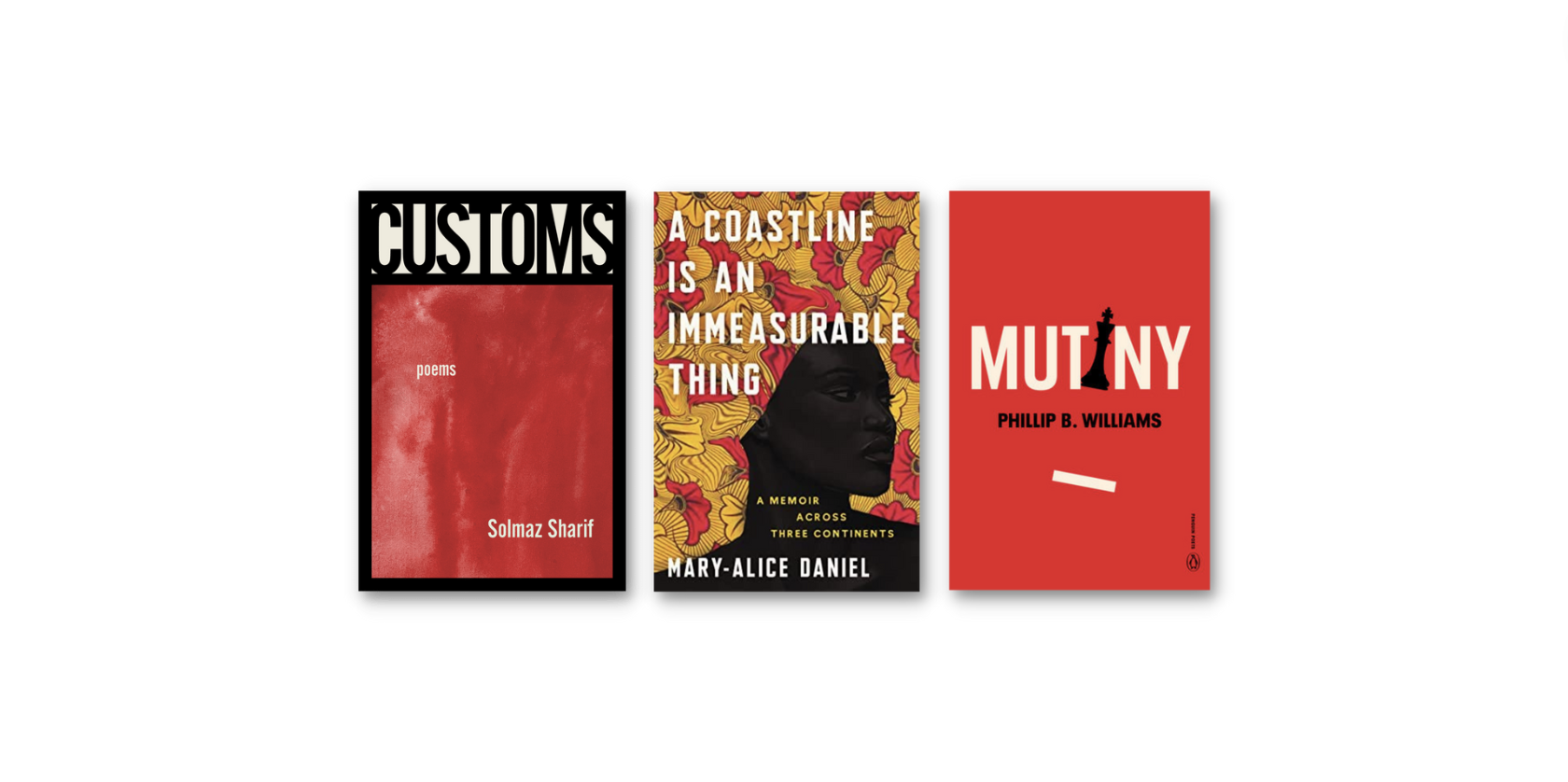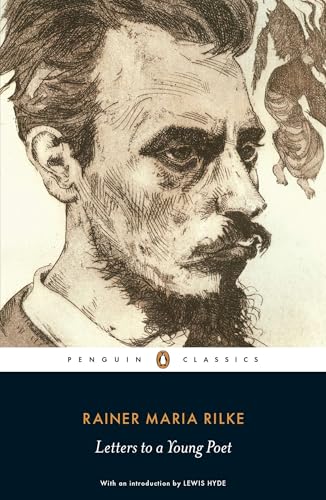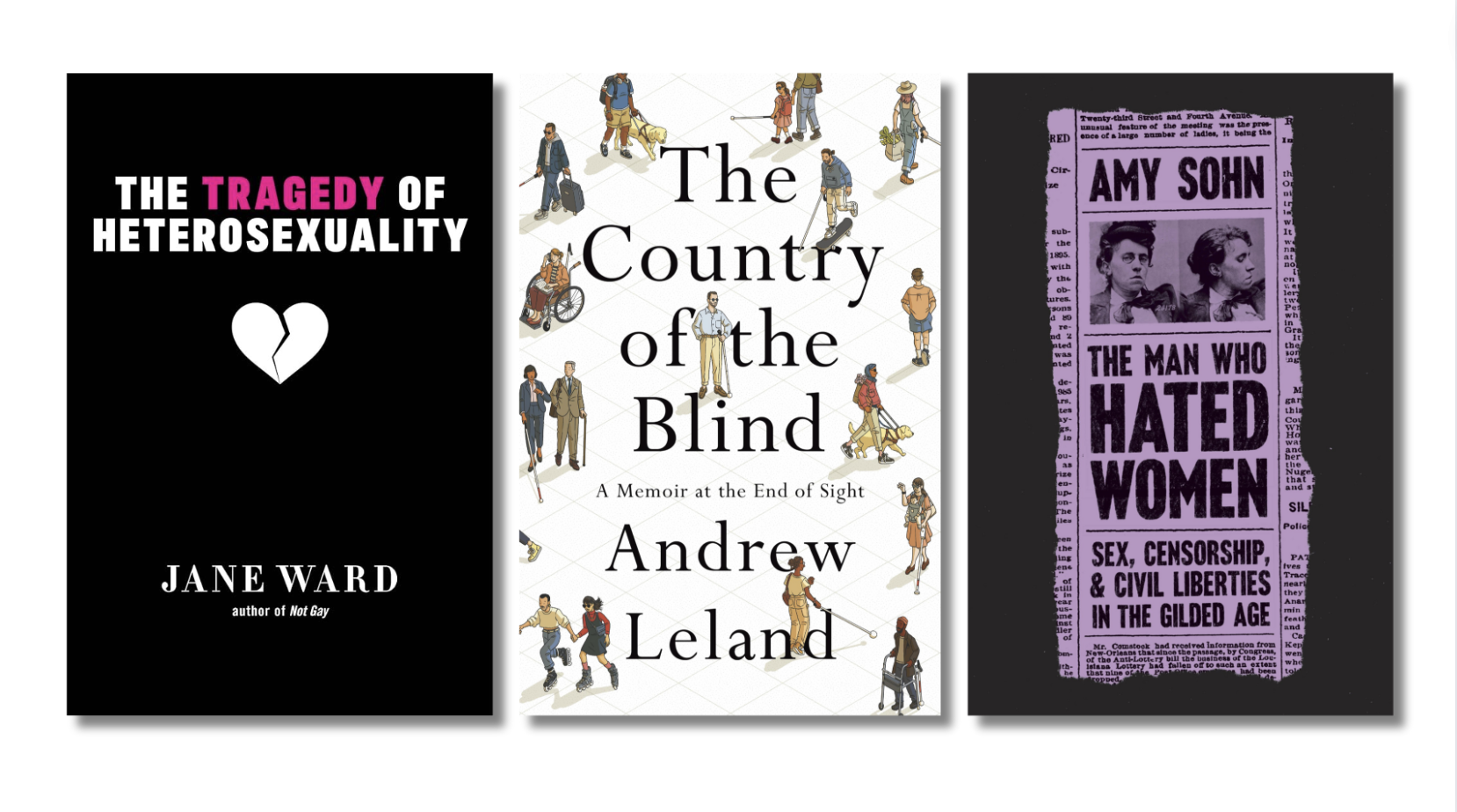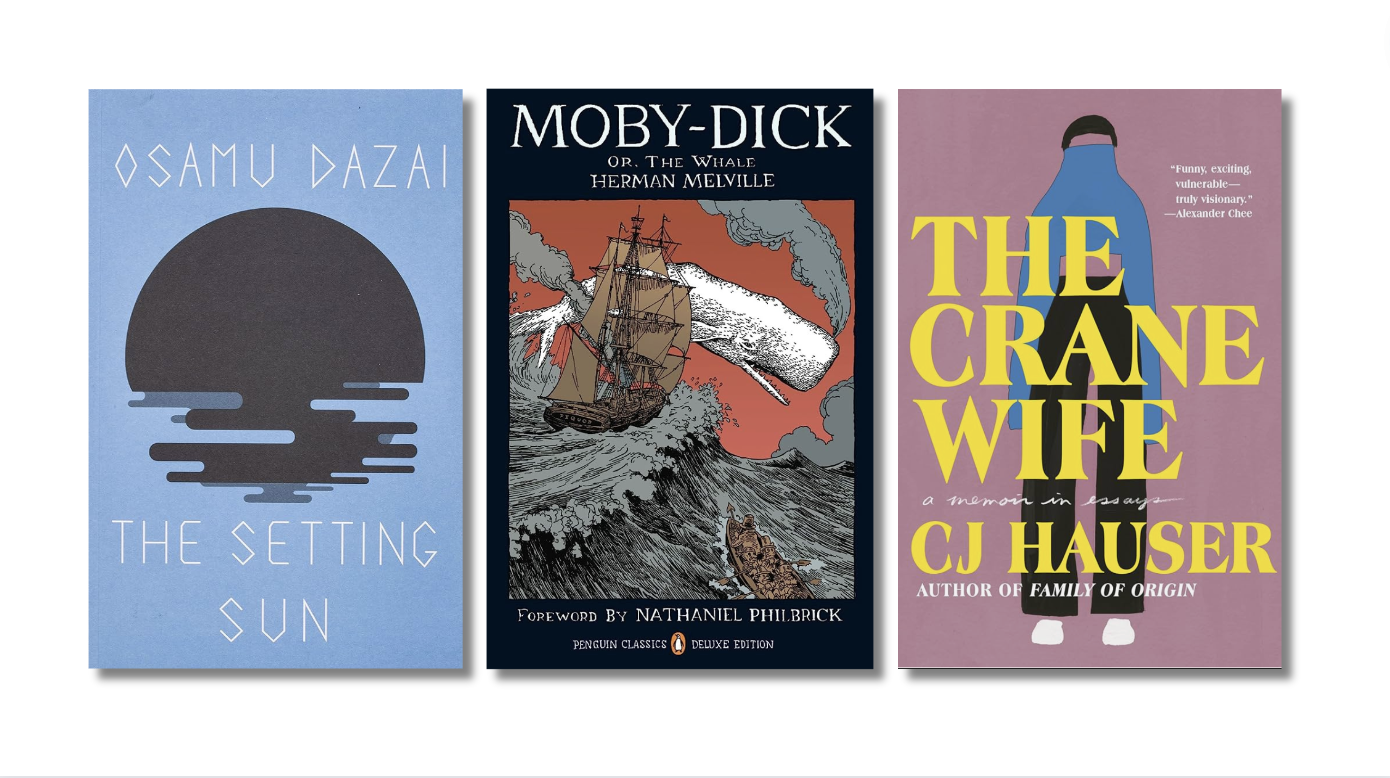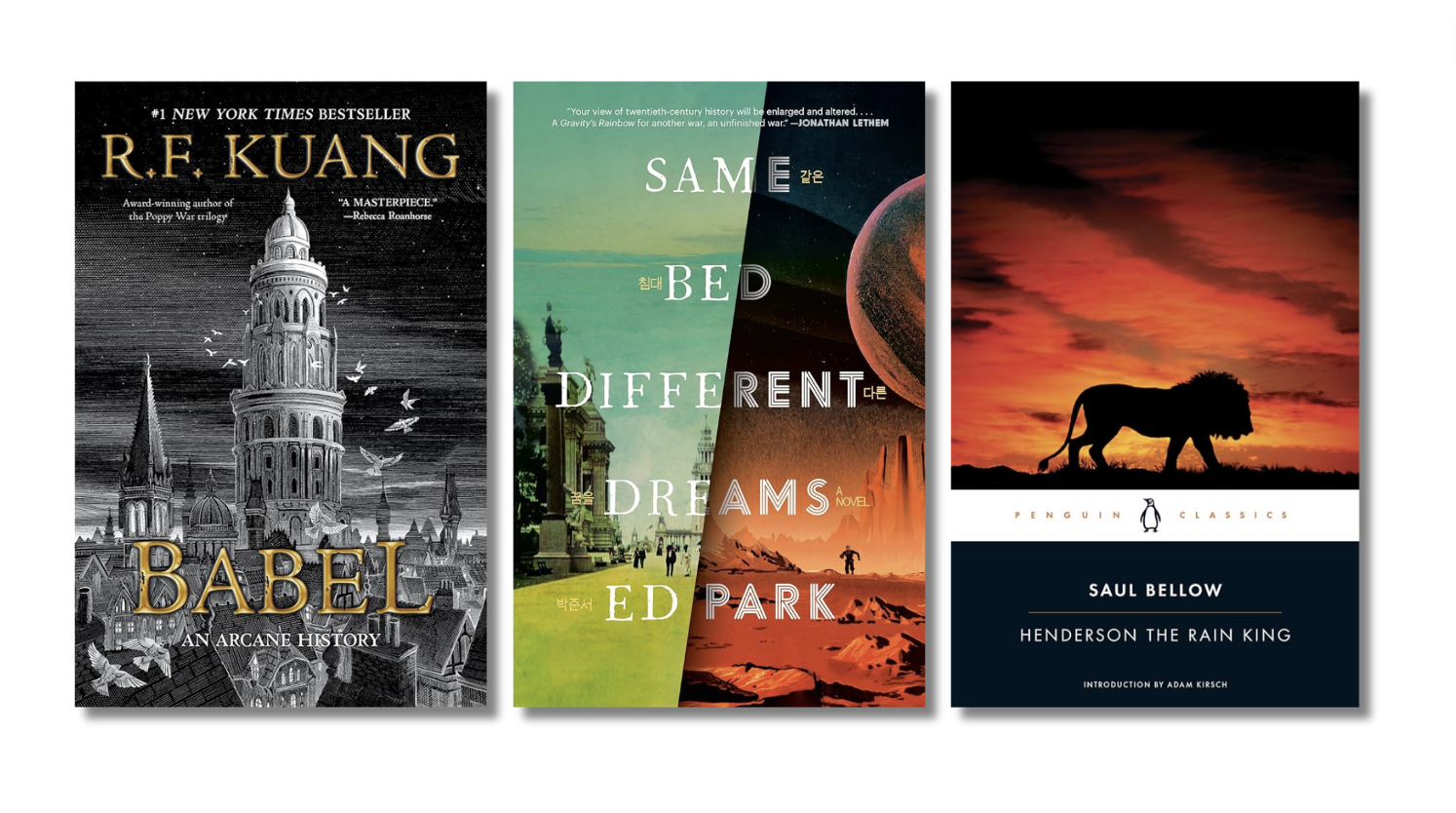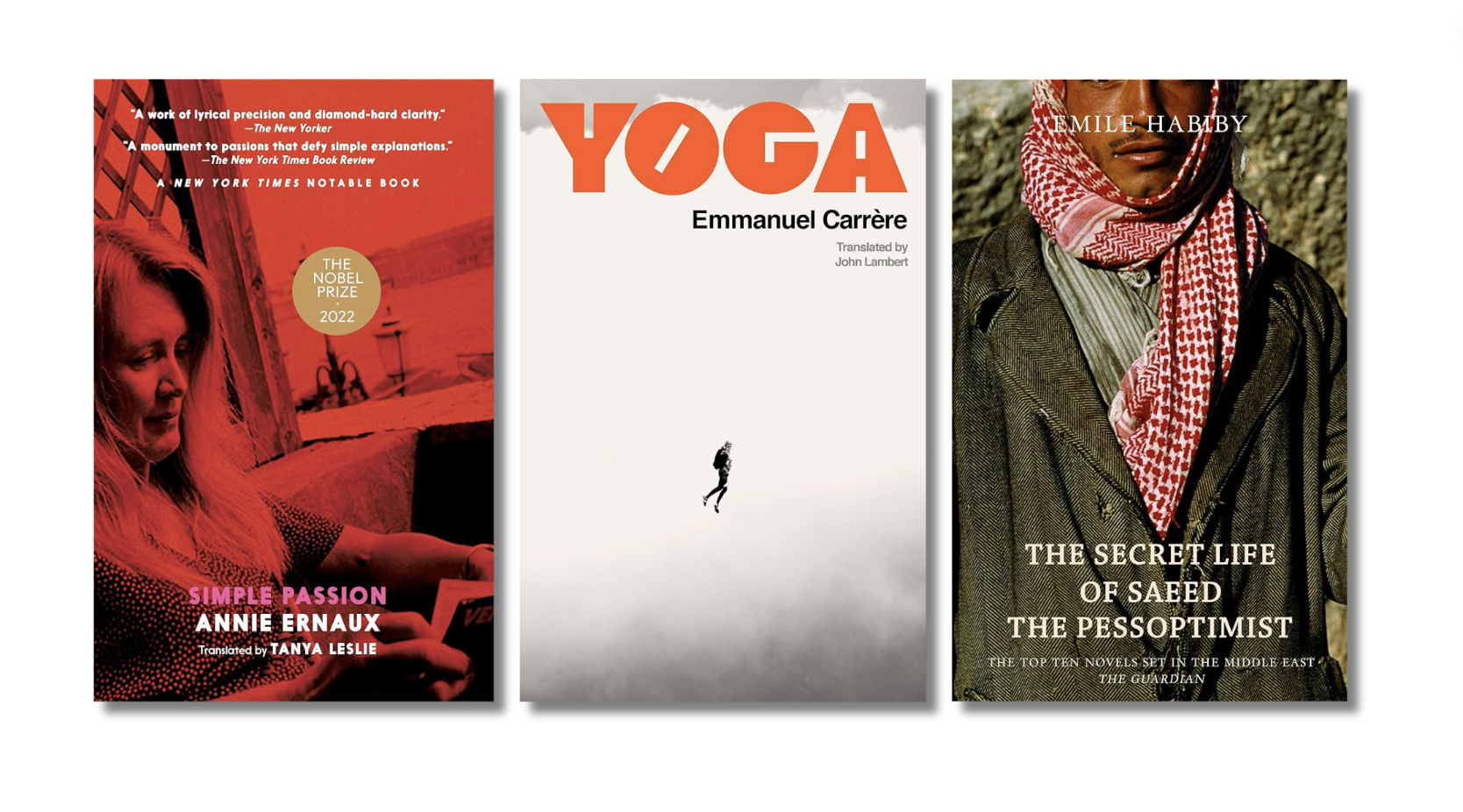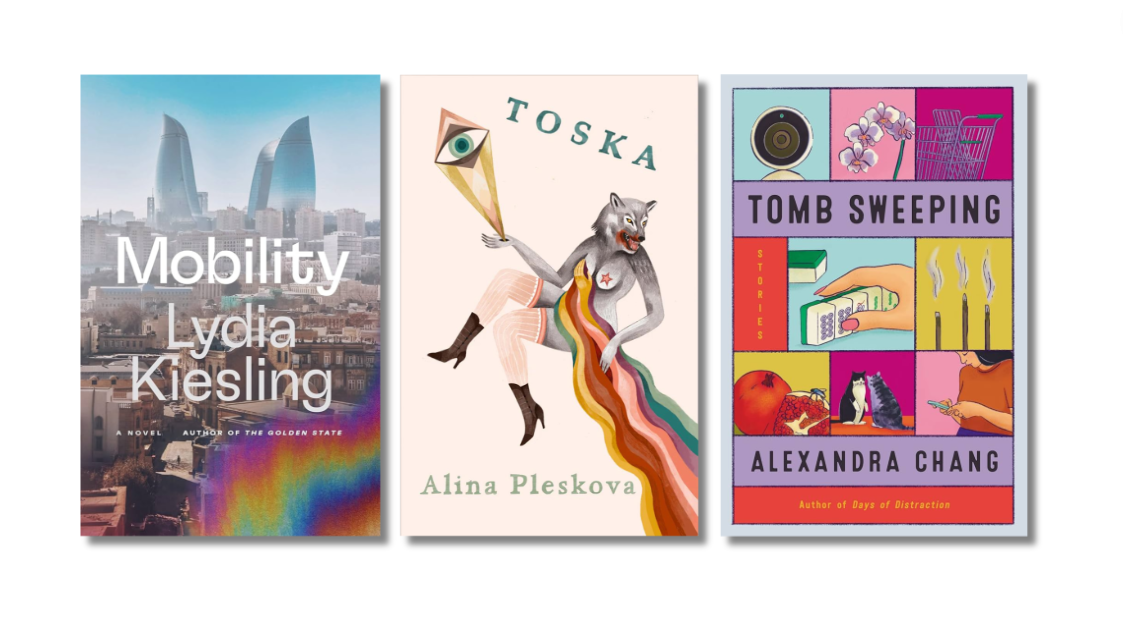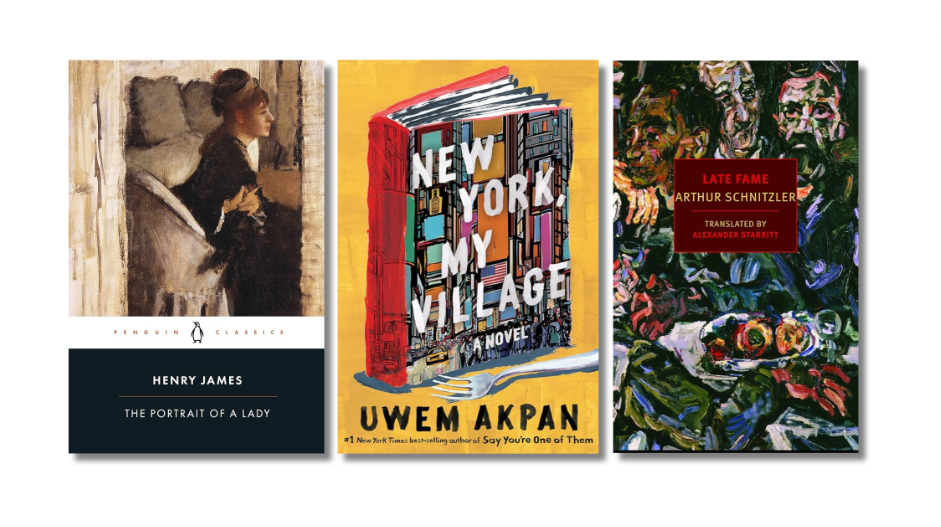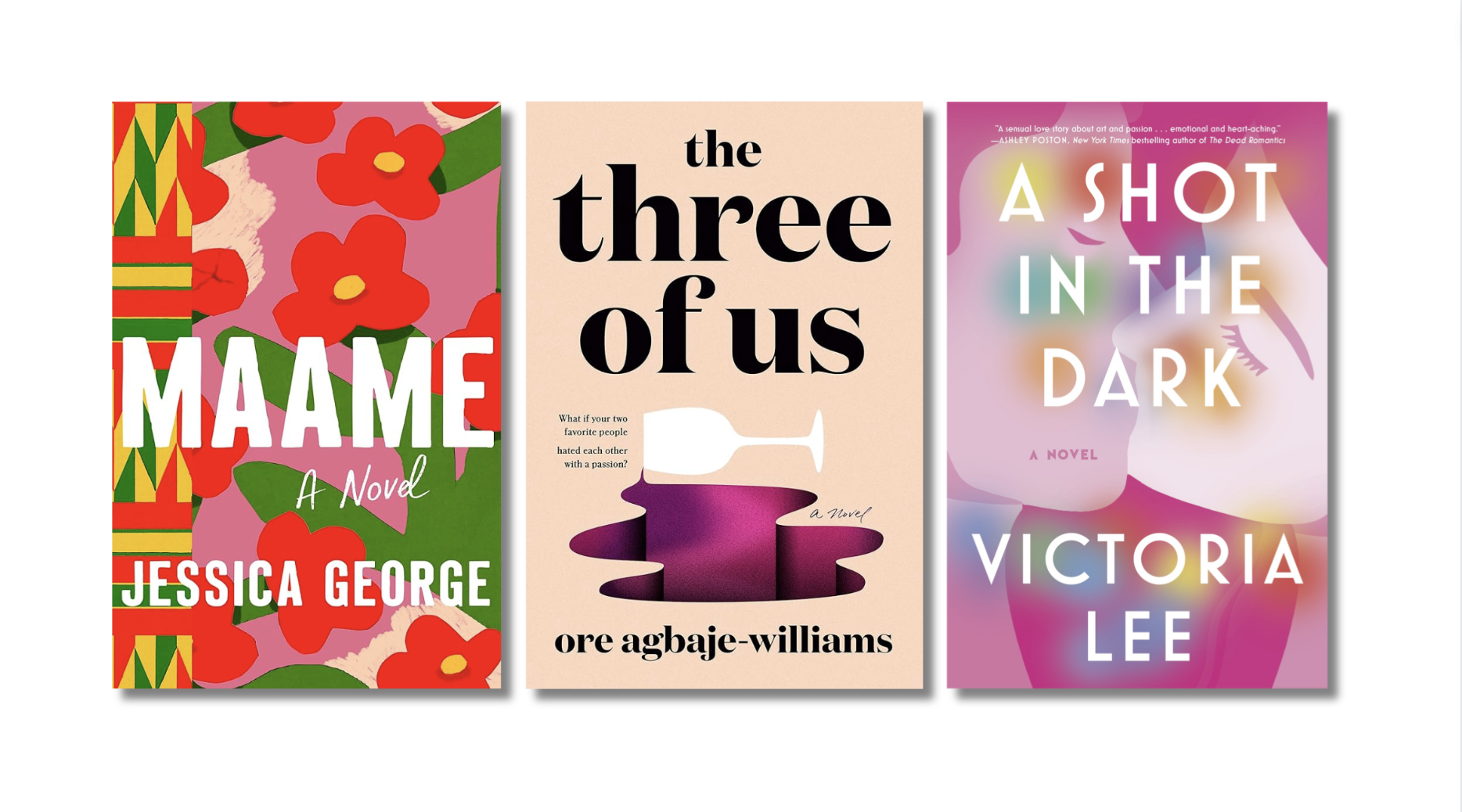I spent a good portion of the past year working on my forthcoming memoir, How to Say Babylon, and when I was not editing or revising, I found myself craving mostly books of poetry, longing to dive into those worlds and words that were completely separate from what I had been working on, aching to turn my mind to poems again. While exploring my to-be-read piles, I found the most pleasure in returning to some of the already-read books that I love most, a kind of homecoming for my year in reading. Here are some of the books, old and new, that I read this year, and the ones that lingered with me long after I closed their covers.
 A Coastline Is an Immeasurable Thing, Mary-Alice Daniel – This incredible memoir is unlike any I’ve read before. Daniel weaves a fascinating narrative of magic, mysticism, and religion in Nigeria, focusing on the history of the two tribes of her family, while also inter-stitching her personal memories in England and the U.S. to examine nomadic belonging and selfhood across multiple geographies. Daniel is a brilliant and sharp-eyed writer, and this book was a breath of fresh air.
A Coastline Is an Immeasurable Thing, Mary-Alice Daniel – This incredible memoir is unlike any I’ve read before. Daniel weaves a fascinating narrative of magic, mysticism, and religion in Nigeria, focusing on the history of the two tribes of her family, while also inter-stitching her personal memories in England and the U.S. to examine nomadic belonging and selfhood across multiple geographies. Daniel is a brilliant and sharp-eyed writer, and this book was a breath of fresh air.
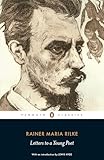 Letters to a Young Poet, Rainer Maria Rilke – I return to this book very often, particularly when I want to be reminded of the absolute necessity of poetry to make sense of a life. Here, I am always reminded of the gift of solitude as an essential element of nurturing a poem, a salve to the loneliest self. Letter after letter, Rilke scratches at that still-nascent soul from which my poems bloom, reminding me what hallowed quiet I need to return to poetry, after working on prose for so long.
Letters to a Young Poet, Rainer Maria Rilke – I return to this book very often, particularly when I want to be reminded of the absolute necessity of poetry to make sense of a life. Here, I am always reminded of the gift of solitude as an essential element of nurturing a poem, a salve to the loneliest self. Letter after letter, Rilke scratches at that still-nascent soul from which my poems bloom, reminding me what hallowed quiet I need to return to poetry, after working on prose for so long.
 Customs, Solmaz Sharif – Perhaps the best poetry book I read this year. Whenever I encounter one of Sharif’s poems, I immediately feel the poet’s brilliant mind touching my mind, asking me to reorient my thinking of how the line, voice, and structure works, how our poetics should always seek to interrogate or disrupt form and content. After reading Sharif, I always feel inspired to be more precise in my own self-examination on the page, and this collection was singular in its challenge; reminding me to be sharp—as a blade’s edge—and rigorous in my poetics.
Customs, Solmaz Sharif – Perhaps the best poetry book I read this year. Whenever I encounter one of Sharif’s poems, I immediately feel the poet’s brilliant mind touching my mind, asking me to reorient my thinking of how the line, voice, and structure works, how our poetics should always seek to interrogate or disrupt form and content. After reading Sharif, I always feel inspired to be more precise in my own self-examination on the page, and this collection was singular in its challenge; reminding me to be sharp—as a blade’s edge—and rigorous in my poetics.
 Bluest Nude, Ama Codjoe – Ama Codjoe’s poetry makes me want to weep from the sheer florescence of her lush textures, her colours, her exquisite imagery. In this collection, Codjoe’s powerful rumination on femininity is everything I long for a poetry book to ask of me as a reader. Codjoe conjures the Black woman’s selfhood and sexuality as primeval renderings, potent mirrors of Eve, a gorgeous construction of the Edenic self. This was one of my favourite new collections of the year.
Bluest Nude, Ama Codjoe – Ama Codjoe’s poetry makes me want to weep from the sheer florescence of her lush textures, her colours, her exquisite imagery. In this collection, Codjoe’s powerful rumination on femininity is everything I long for a poetry book to ask of me as a reader. Codjoe conjures the Black woman’s selfhood and sexuality as primeval renderings, potent mirrors of Eve, a gorgeous construction of the Edenic self. This was one of my favourite new collections of the year.
 Mutiny, Phillip B. Williams – Williams is one of the best poets writing today, and a poet whose work always thrills me with the bone-dense and muscular rigor of his lyric. This book is very thoughtful, beautiful, and ambitious with his complex structuring, ideas, and remarkable latticework of language. Williams is a poet’s poet, and these poems are potent, sharp-tongued, and doleful in turns, always pushing against the boundaries of the page.
Mutiny, Phillip B. Williams – Williams is one of the best poets writing today, and a poet whose work always thrills me with the bone-dense and muscular rigor of his lyric. This book is very thoughtful, beautiful, and ambitious with his complex structuring, ideas, and remarkable latticework of language. Williams is a poet’s poet, and these poems are potent, sharp-tongued, and doleful in turns, always pushing against the boundaries of the page.
 Yellow Rain, Mai Der Vang – This collection is an impressively thorough and well-researched account of the United States’ biochemical attack on Hmong people after the Vietnam War. I found these poems to be shattering, mournful, and devastating in the way they uncover and document the U.S. government’s perpetual and insidious violence against the Hmong people. Page after page, I was stunned by the scope and significance of Vang’s work here.
Yellow Rain, Mai Der Vang – This collection is an impressively thorough and well-researched account of the United States’ biochemical attack on Hmong people after the Vietnam War. I found these poems to be shattering, mournful, and devastating in the way they uncover and document the U.S. government’s perpetual and insidious violence against the Hmong people. Page after page, I was stunned by the scope and significance of Vang’s work here.
 Patient, Bettina Judd – This is a book I return to every year, and I find something new and rewarding in it each time. Judd is one of my favourite poets and thinkers, and this collection is a marvel. With poignant historical explorations of the Black female body as scientific subject and spectacle, Judd’s incisive poems consider the inherent racism of gynecology as founded on the lives of Black women who were exploited and exoticized at the hands of the white patriarchy. Examining American violence, slavery, and misogynoir, this book is a subtle and powerful interrogation of writing new histories from the archive, and I teach it as often as I can.
Patient, Bettina Judd – This is a book I return to every year, and I find something new and rewarding in it each time. Judd is one of my favourite poets and thinkers, and this collection is a marvel. With poignant historical explorations of the Black female body as scientific subject and spectacle, Judd’s incisive poems consider the inherent racism of gynecology as founded on the lives of Black women who were exploited and exoticized at the hands of the white patriarchy. Examining American violence, slavery, and misogynoir, this book is a subtle and powerful interrogation of writing new histories from the archive, and I teach it as often as I can.
 Kingdom Animalia, Aracelis Girmay – This is another poetry collection that I return to every year, and one that always reminds me of the vast and many-rooted possibilities of poems. This year, I returned to it to be reminded of lyric that writes toward the light, toward joy. Here, Girmay—one of my favourite living poets—moves lightheadedly toward the ecstatic, seeing the world through wide and open-throated wonder, face open to the rain, accepting. From the wild goats of Jamaica to a bucket of eels, to her ars poetica snail and the parrots roosting in the great unseen trees above us, this is a collection I will read with awe until the pages fall apart.
Kingdom Animalia, Aracelis Girmay – This is another poetry collection that I return to every year, and one that always reminds me of the vast and many-rooted possibilities of poems. This year, I returned to it to be reminded of lyric that writes toward the light, toward joy. Here, Girmay—one of my favourite living poets—moves lightheadedly toward the ecstatic, seeing the world through wide and open-throated wonder, face open to the rain, accepting. From the wild goats of Jamaica to a bucket of eels, to her ars poetica snail and the parrots roosting in the great unseen trees above us, this is a collection I will read with awe until the pages fall apart.
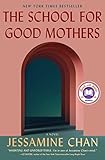 The School for Good Mothers, Jessamine Chan – I devoured this book in two or three sittings. This was my favourite novel of the year. Told through the dystopian frame of motherhood distilled down to callous metrics, Chan imagines a near-future in which parenting becomes policed, where parental love is measured in labyrinthine obstacles, and the government gets to decide who is fit to be a parent. Taking us through an uncanny mirror with chilling and brilliant ruminations on the Turing test, Chan weaves a tale that asks us to consider both the ghost in the machine, as well as the incorrigible power of matriarchal love.
The School for Good Mothers, Jessamine Chan – I devoured this book in two or three sittings. This was my favourite novel of the year. Told through the dystopian frame of motherhood distilled down to callous metrics, Chan imagines a near-future in which parenting becomes policed, where parental love is measured in labyrinthine obstacles, and the government gets to decide who is fit to be a parent. Taking us through an uncanny mirror with chilling and brilliant ruminations on the Turing test, Chan weaves a tale that asks us to consider both the ghost in the machine, as well as the incorrigible power of matriarchal love.
 Sea of Tranquility, Emily St. John Mandel – Another of my favourite novels of the year. I generally love everything St. John Mandel writes, and this was no exception. I read most of it on one plane ride, completely enraptured in the interwoven narrative of time travel told over many centuries. What I loved most about this book was how it was, fundamentally, an exploration of the nature of love and the immutable power of art as a constant anchor for humanity, across time and space.
Sea of Tranquility, Emily St. John Mandel – Another of my favourite novels of the year. I generally love everything St. John Mandel writes, and this was no exception. I read most of it on one plane ride, completely enraptured in the interwoven narrative of time travel told over many centuries. What I loved most about this book was how it was, fundamentally, an exploration of the nature of love and the immutable power of art as a constant anchor for humanity, across time and space.

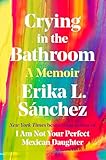


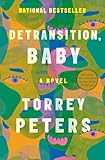
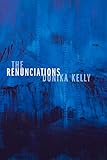




 Other books I read and loved: Fiona and Jane by Jean Chen Ho; Crying in the Bathroom by Erika L. Sánchez; How High We Go in the Dark by Sequoia Nagamatsu; Libertie by Kaitlyn Greenidge; Detransition, Baby by Torrey Peters; The Renunciations by Donika Kelly; No Ruined Stone by Shara McCallum; Here is the Sweet Hand by francine j. harris; The Wild Iris by Louise Glück; The Wild Fox of Yemen by Threa Almontaser; and Invisible Child by Andrea Elliott.
Other books I read and loved: Fiona and Jane by Jean Chen Ho; Crying in the Bathroom by Erika L. Sánchez; How High We Go in the Dark by Sequoia Nagamatsu; Libertie by Kaitlyn Greenidge; Detransition, Baby by Torrey Peters; The Renunciations by Donika Kelly; No Ruined Stone by Shara McCallum; Here is the Sweet Hand by francine j. harris; The Wild Iris by Louise Glück; The Wild Fox of Yemen by Threa Almontaser; and Invisible Child by Andrea Elliott.
